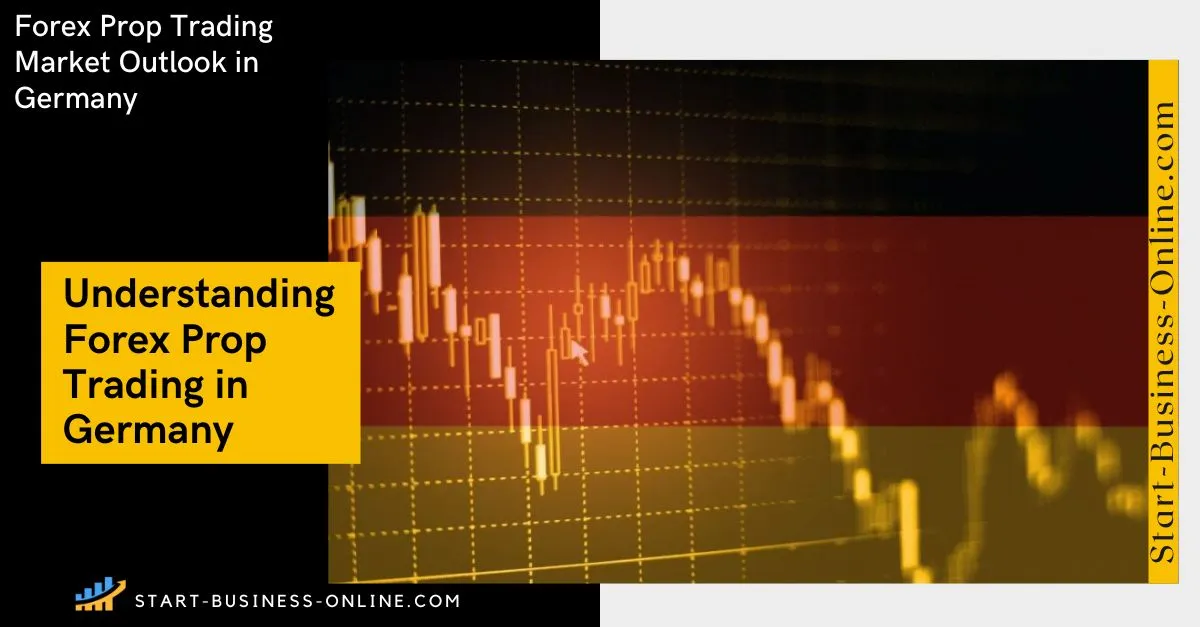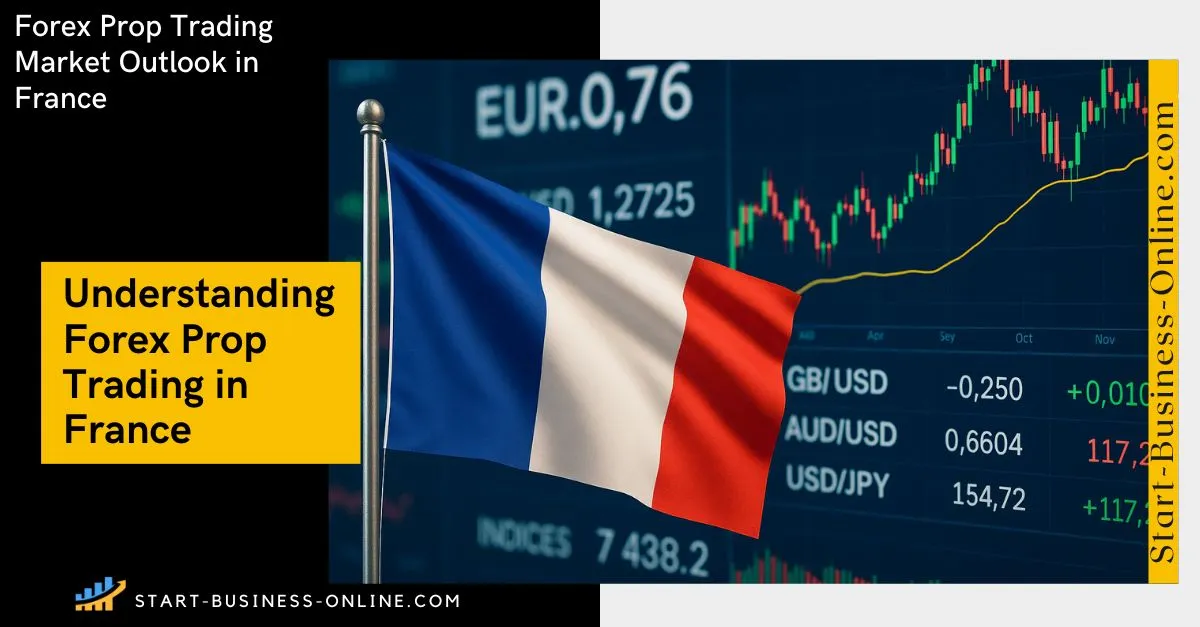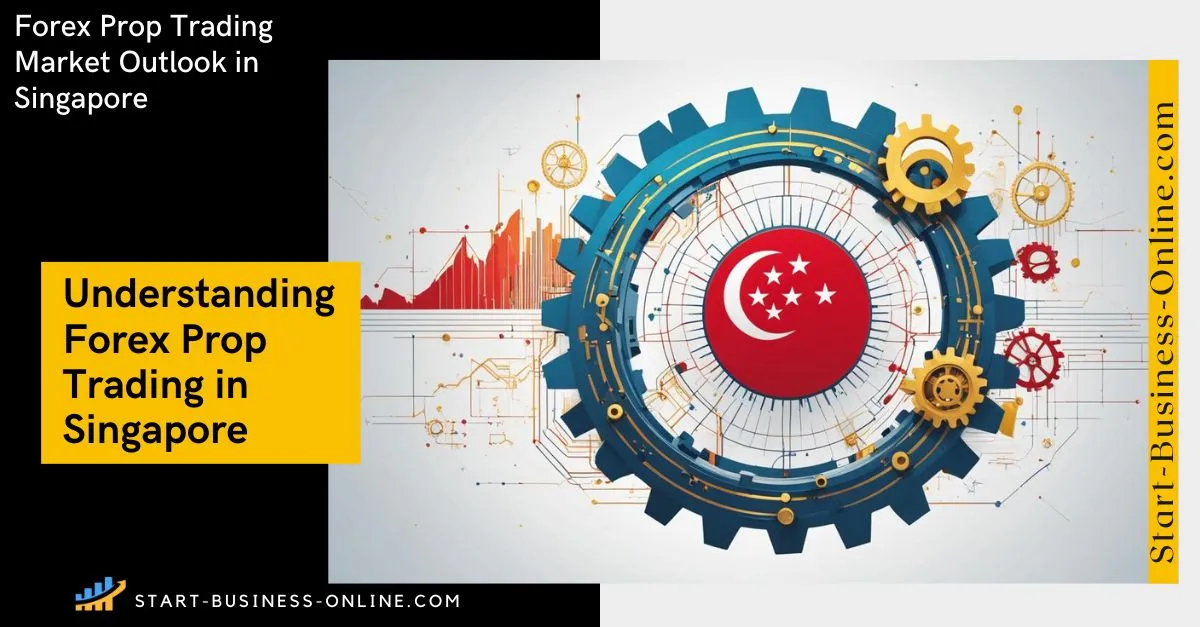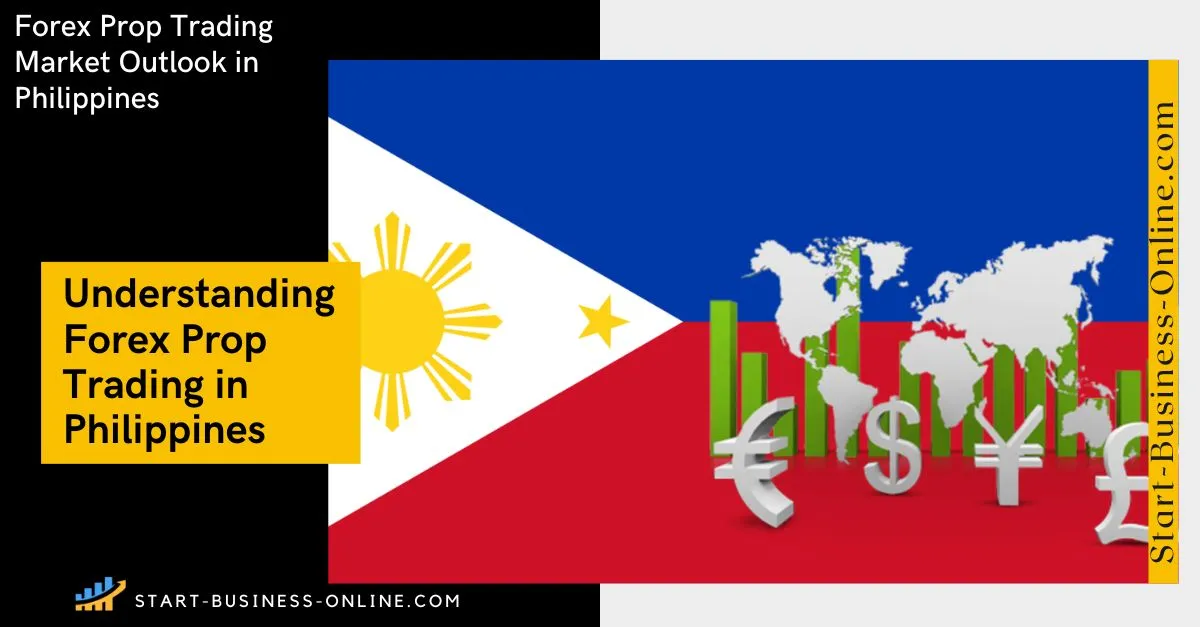Ever thought about trading forex but didn’t want to risk losing your money? You should consider a trading demo contest. Forex demo competitions are an excellent way to dip your toes in the trading water before you invest your hard-earned dollars.
The purpose of this article is to break down forex demo completions. How do they work, what are the advantages (and disadvantages) of using contests, and how do you optimize your chances of success? [If you already have the knowledge but are looking for tips, tricks, and recommendations for the best contests (rated by difficulty, cash prizes, and more) then simply scroll to the end of the page.]
The Foreign Exchange
First and foremost, there is no point in investigating demo competitions without a sound understanding of the market in question. What exactly is forex and how does trading work? Forex is a portmanteau of “foreign” and “exchange.” It refers to the vast online marketplace of the national currencies used all around the world, from the United States to Taiwan. While there are around 180 currencies listed on the foreign exchange, the bulk of forex trading takes place in the USA and the UK only uses the top currencies (the US dollar, the Euro, the Japanese Yen, the British Pound, and the Swiss Franc.)
Page Contents
- 1. The Foreign Exchange
- 2. How do you trade Forex?
- 3. What are forex demo competitions?
- 4. How do they work?
- 5. Demo competition versus funded challenge
- 6. Benefits of trading demos
- 7. Practice
- 8. Self-assessment
- 9. Cash prizes
- 10. Enjoyable
- 11. Community Support
- 12. Drawbacks to contests
- 13. Tips for Success
- 14. FAQs on Forex Demo Trading Competitions
View more
Currencies are traded in pairs, with financial investors buying and selling pairs in the hope of profiting from any price changes as the market ebbs and flows. The largest financial exchange with an estimated $5.3 trillion traded every day, millions of books have been written about forex and the ways to trade currency pairs. For now, here are some key considerations to bear in mind about forex:
- Forex is the biggest and most liquid financial market in the world
- In 1973 the post-WWII Bretton Woods agreement launched the modern foreign exchange
- The forex market is worth $1.93 quadrillion (2.5 times the global GDP)
- The FX market is open 24 hours a day, 5 days a week
- 30% of forex trading uses the Euro and the US Dollar.
- The FX market is 27 times bigger than the stock exchange
- The nickname “The Cable” is given to the GBP/USD pair, referring to the steel cable underneath the Atlantic Ocean that connected the two countries’ stock exchanges
- Forex is referred to as a “Bull” or “Bear” market (Bullish or Bearish) depending on whether prices are predicted to rise or fall
- The Foreign Exchange has never experienced a financial “crisis” as even economic downturns and crashes present profit opportunities for forex traders
How do you trade Forex?

The essence of forex trading is similar to that of most financial markets: traders buy (“go long”) or sell (“go short”) depending on their prediction of how the price will move. Price action and market dynamics can be predicted using a complex combination of mathematical tools and charting software (technical analysis); the economic, financial, and geopolitical context (fundamental analysis); and a certain element of gut instinct. Forex traders will enter long or short positions by choosing a lot size, with positions ranging between 0.1 to 100 lots). There are several trading strategies deployed within the foreign exchange, with the most popular being day trading, especially scalping. Traders using the forex scalping strategy will essentially open and close numerous positions over the course of one trading session – often up to 100s within a day. This can be a highly profitable strategy but one that requires the ability to make portentous decisions under time pressure and market stresses. Of course, today many traders deploy automated software and have some, if not all, of their trading decisions made by advanced computers. Unsurprisingly, financial speculation is one industry as yet undominated by artificial intelligence, with the human tendency to be erratic and impulsive playing an important yet unpredictable aspect of market dynamics.
Now, onto the “question du jour.” What exactly are these trading demos – should you trust brokers offering cash prizes for virtual challenges and how can you best ensure success?
What are forex demo competitions?

New traders researching the forex market will come across the same advice time and again: practice on a demo account first. Many brokers offer demo accounts, where beginner or novice traders can try their hand using virtual money before risking their own. Seasoned and even professional traders will also occasionally use demo accounts to test a new strategy before deploying it in the live market. Forex demo competitions go one step further: brokers offer traders the chance to win prizes through virtual accounts. In summary, a trading contest is a chance to win real money through virtual trading.
Forex trading competitions pit traders against each other in a variety of ways, but the end goal is usually the same: to see who can make the most profits within a certain time frame. A demo contest will take place using paper money (as opposed to a live account). The prizes could be anything from cash rewards to a premium account loaded with real money to trade.
How do they work?
Demo contests are generally easy to find and quick to sign up for. A quick Google search for “forex demo competition” should bring up the latest contests. Simply register with the broker, wait for your account to be approved and funded, then begin trading. Make sure you read through the rules and restrictions before entering your trades. While the aim of the game is profit against time, each platform will have its own set of trading requirements and policies and the amount you have to trade will vary accordingly. Here are the basic steps to trading a virtual contest:
- Enter the competition: Most forex demo contests will have an entry window, usually around a week for contestants to register before the launch date. During this period, traders should familiarize themselves with the competition’s rules, terms and conditions and ensure they understand the rewards on offer. Certain platforms will allow competitors to retrospectively assess the challenge based on data from previous competitions.
- Get a demo account: Once the contestant has registered for the challenge; they will be assigned a demo account loaded with virtual funds (“paper money”) to trade. Some brokers will offer leverage within the competition while others will expect contestants to trade within the account parameters.
- Accumulate profits: When the competition launches it is up to the individual trader to accrue all the profits possible within the time frame. There may be other restrictions: limited trades, leverage, or assets, and traders must choose their positions accordingly.
- Track performance: Most trading competitions will allow traders to view their performance metrics. The advantage of trading data is that contestants can assess where they may be going wrong and tweak their positions accordingly. Often provided in the form of leaderboards, traders can check against the competition to decide the returns required to win and how aggressively to trade.
- The account closes: When the competition ends, all traders’ accounts will close automatically, and the final balances will be used to decide the winners. From this point onwards no more trades are permitted (or possible).
- Winners and prizes announced: Once the competition draws to a close, and the accounts have been compared, the final leaderboard will be published. Depending on the competition, the winner or winners will be announced and prizes duly allocated. The rewards could be in the form of cash prizes, credit to be used on the platform, or a premium and funded account.
Demo competition versus funded challenge
You may also have heard of Funding Challenges, but these are not to be confused with Demo Competitions. Funding challenges are part of the Proprietary Trading industry, whereby what are known as “prop firms” offer traders the opportunity of vast leverage in a profit split to their favor, upon successfully passing an internal evaluation. The funding challenges offered by firms such as FTMO, OspreyFX, and Earn2Trade are aimed largely at more experienced traders with some market experience under their belts.
That said, there are many challenges and account sizes to choose from, some of which are suitable for beginner or even first-time traders thanks to the training courses and one-to-one mentorship often available through the program. There are many differences between forex demo competitions and funding challenges, the most important being price. Demo contests are free to enter whereas nearly all funding challenges come with an entry fee. Many traders will choose this one-time expense in return for the myriad returns: educational workshops, performance dashboards, personal mentors, and community support without naming the possibility of becoming a funded trader with up to $2.5 million in your account.
Whether you are better suited to a trading demo competition or a funded account challenge is a highly personal decision. Traders should assess their level of risk comfort, available funds, long-term professional trading goals, and available trading software to make an informed decision. If you wish to read more about funded account challenges our complete guide is here. Meantime let’s continue with the pros and cons of Forex demo competitions.
Benefits of trading demos
There are numerous advantages to entering a demo competition: the opportunity to get your trading feet wet before investing your collateral, not to name the cash prizes on offer! Here are the key benefits of forex trading competitions:
Practice
An obvious advantage to entering a forex trading competition is self-development. Contests are a unique way to test your strategy and hone your trading skills in a competitive environment. Many traders find that the added pressure of an open leaderboard where all the results are displayed helps them keep their trading edge. Competitions are a veritable petri dish of talent and even seasoned traders may find themselves picking up new skills and creative strategies from their peers. After all, the best chance of success is to observe what your competitors are doing and redo it – better. Traders who reverse engineer other contestants stand themselves in excellent stead in taking prizes home.
Self-assessment
Another oft-overlooked boon to trading contests is the chance for professional (and personal) growth through self-assessment. Competition brings out a different side to us and traders may be surprised by their reflection in the trading contest mirror. The strategy that was flawless on paper may not perform as expected in practice, and traders’ ability to make decisions under pressure and the stress of competition may unearth some areas to work on in the future.
Cash prizes
Of course, the clear takeaway from forex trading contests is the prizes! As aforementioned, these could be in the form of cash to be withdrawn, cash in the form of an account loaded and ready to trade, or other perks. There is also, of course, the recognition and confidence boost that ranking highly in the competition will bring. Competitions vary widely in the amounts on offer, ranging from several hundred to several thousand dollars, with the average being $1000 for the top prize.
Enjoyable
Let’s not forget another aspect of competitions – they can be really fun! Not everyone may enjoy the competitive atmosphere of a trading contest, but for those that thrive on the adrenalin and race for the prizes, these contests are both an opportunity for experience and practice as well as good fun. Allow yourself to enjoy the ride and you may find your chances of success increase as a result!
Community Support
Trading contests also serve as an excellent Introduction to the trading community. While the other traders may be your competitors for the duration of the contest, you may find you make connections that you will carry over into your trading career thereafter. Most of the forex competitions will have a portal to unify the participants. This social pool can be used as a source of inspiration, mentorship, or simply professional friendships even after the competition has drawn to a close.
Drawbacks to contests
Not all traders flock to online competitions, however. There are myriad reasons why someone may choose not to enter a forex trading contest but here are some general drawbacks to this type of trading:
- Highly competitive: From an experience and practice perspective, the more the better, right? Bear in mind though that the amount and number of cash prizes on offer will not increase with the number of entrants. Trading contests with decent cash rewards will often attract many thousands of contestants, making competition stiff and decreasing your chances of getting your hands on a prize.
- Not all prizes are cash: When you see $2000 as the top trophy many traders are understandably enthusiastic. This eagerness wanes quickly on discovering that the prizes could be in trading credit, not hard cash. This could be reinvested and enlarged but it could also be lost in the next trade. If nothing else, trading the credits before you can withdraw represents a time-consuming extra step not all traders are willing to take.
- Contests are not a mirror to the markets: Traders hoping to exactly replicate a successful competition strategy in the live markets may be disappointed. Trading demos require ultra-aggressive strategies and there is little to lose. In live markets and as a lone trader the stakes are very different and risk management should be altered accordingly.
Tips for Success

As with all speculative investments, there is no “golden rule” or quick hack to guarantee success. Traders require a unique mindset, self-discipline, and emotional control in order to succeed and forex particularly tests these attributes. That said, there are ways to prepare yourself for a forex competition (although bear in mind the inherent differences between contests and their trading parameters). The advice for trading contests is similar to that of trading in general: emotional discipline, a practiced strategy, and an understanding of the risks and rewards at stake.
What is more important than preparing yourself for the competition is making sure you are entering the right challenge. Brokers vary widely in terms of how they market, reward, and monitor competitions. You may want to check any regional restrictions, and taxation requirements and ensure that you will be eligible to claim any cash prize on offer. Remember, forex trading contests offer more than just the prizes, but the prospect of gleaning valuable trading experience, testing a strategy with minimal risk and maximum reward, and moving out of your comfort zone.
Bonuses: Upcoming & Ongoing Competitions and Giveaways

FunderPro Trading Competitions Are Back – September 2025!
FunderPro is bringing back its legendary Trading Competitions, this time on MetaTrader 5.
Only 5,000 spots are available worldwide – first-come, first-served once registration opens in just a few days.
Prizes
1st Place: $200,000 Classic Challenge
2nd Place: $100,000 Classic Challenge
3rd Place: $50,000 Classic Challenge
4th–5th Place: $25,000 Classic Challenge
6th–8th Place: $10,000 Classic Challenge
Note: ... [show/hide]
Stay tuned: The exact registration date and competition rules will be announced in the next email. Don’t miss this chance to compete for funded trading accounts worth up to $200,000.
$ Coupon Code 10% OFF: No Code - Automatic
Ending Date: Wednesday 31 December, 2025
FAQs on Forex Demo Trading Competitions
Forex demo contests are a way for new traders to practice trading (with the chance of winning cash prizes or trading credit). Forex trading competitions pit traders against each other in a variety of ways, but the end goal is usually the same: to see who can make the most profits within a certain time frame. A demo contest will take place using paper money (as opposed to a live account). The prizes could be anything from cash rewards to a premium account loaded with real money to trade.
Forex is a portmanteau of “foreign” and “exchange.” It refers to the vast online marketplace of the national currencies used all around the world, from the United States to Taiwan. While there are 180 currencies listed on the foreign exchange, the bulk of forex trading takes place in the USA and the UK only uses the top currencies (the US dollar, the Euro, the Japanese Yen, the British Pound, and the Swiss Franc.)
The essence of forex trading is similar to that of most financial markets: traders buy (“go long”) or sell (“go short”) depending on their prediction of how the price will move. Price action and market dynamics can be predicted using a complex combination of mathematical tools and charting software (technical analysis); the economic, financial, and geopolitical context (fundamental analysis); and a certain element of gut instinct.
You may also have heard of Funding Challenges, but these are not to be confused with Demo Competitions. Funding challenges are part of the proprietary trading industry, whereby what are known as “prop firms” offer traders the opportunity of vast leverage in a profit split to their favor, upon successfully passing an internal evaluation. The funding challenges offered by firms such as FTMO, OspreyFX, and Earn2Trade are aimed largely at more experienced traders with some market experience under their belts. Funding account challenges will have complicated rules and metrics depending on the account size in question. Demo contests on the other hand are free to enter, and traders generally have the goal of trying to make as much profit as possible before the close of the competition.





